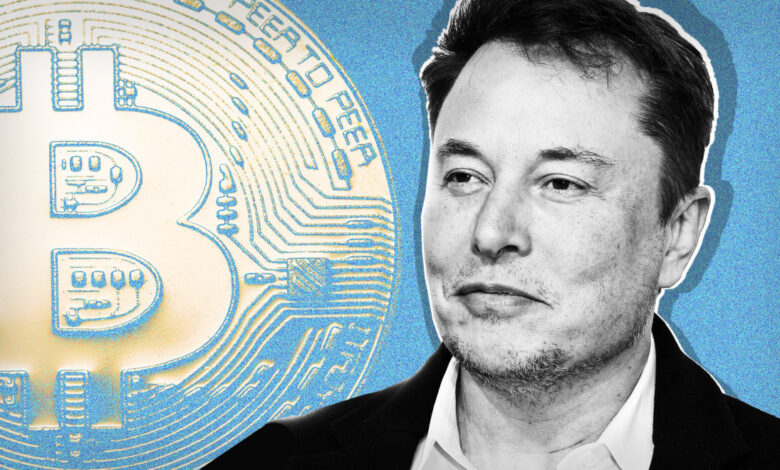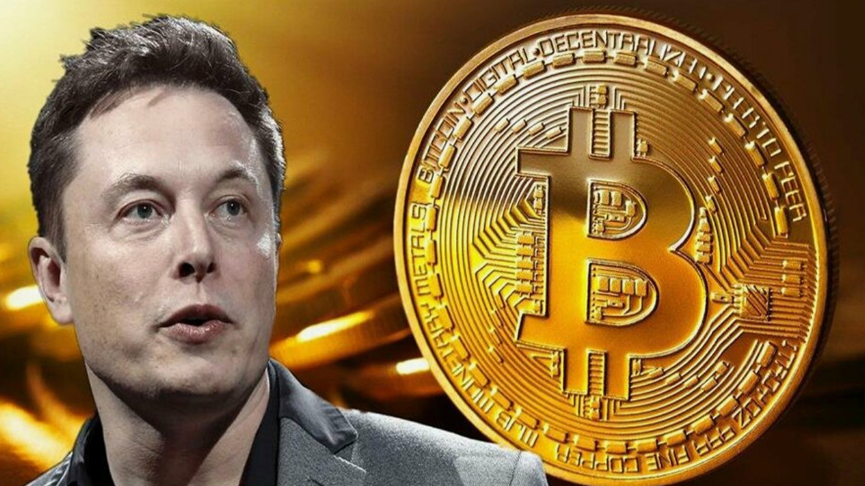Elon Musk “Fiat Is Hopeless,” America Party Backs Bitcoin

In a dramatic development that could shape the future of monetary policy and digital assets in the United States, Elon Musk declared today that the newly formed “America Party” would adopt Bitcoin as a cornerstone of its financial and economic agenda. Speaking at a campaign event in Austin, Texas, Musk delivered a headline-making statement: “Fiat is hopeless,” emphasising the need for a decentralised and technologically resilient monetary system. His endorsement of Bitcoin as a political instrument signals a paradigm shift in how digital assets are perceived—not just as investments, but as foundational elements of national policy and governance.
This revelation comes amid a surge of activity in the broader crypto market, with major events, institutional developments, and regulatory debates dominating the landscape. On July 7, 2025, the intersection of politics, blockchain technology, and financial sovereignty has become more pronounced than ever.
Elon Musk’s Political Pivot Bitcoin as a Monetary
Elon Musk’s pivot into politics through the “America Party” has already sparked widespread media attention, but his full-throated embrace of Bitcoin adds an entirely new layer of ideological and economic depth to the movement. Musk, who has long been an advocate of cryptocurrency—most famously Dogecoin and Bitcoin—now appears ready to institutionalize digital assets within U.S. policy discourse.
According to campaign insiders, the America Party’s platform includes proposals to integrate Bitcoin into federal reserves, reduce reliance on inflationary fiat currencies, and support infrastructure development for Bitcoin mining using renewable energy. By calling fiat “hopeless,” Musk is aligning himself with a growing chorus of macroeconomic thinkers and technologists who argue that traditional currencies are losing value due to unchecked money printing, debt monetisation, and inflationary pressures.
This position also resonates with global movements, particularly in countries like El Salvador and Argentina, where national leaders have embraced Bitcoin as legal tender or reserve assets. Musk’s move introduces similar aspirations to the American mainstream, likely appealing to libertarian-leaning voters, crypto-native entrepreneurs, and tech-forward demographics.
Crypto Market Reaction and Bitcoin Price Outlook
The market responded almost immediately to Musk’s statements, with Bitcoin (BTC) surging by 4.6% to trade at around $112,300 within hours of the announcement. Analysts from Ark Invest and Galaxy Digital noted a spike in volume on centralised exchanges and a significant uptick in social media sentiment across platforms like X (formerly Twitter), Reddit, and Telegram.
This bullish momentum aligns with the broader trend in July, as institutional interest in Bitcoin and Ethereum has grown following favourable signals from the U.S. Securities and Exchange Commission (SEC) regarding Ethereum ETF applications. The confluence of Musk’s endorsement and regulatory progress is fuelling speculation that Bitcoin could soon test resistance levels near $120,000—a psychological and technical barrier that could, if broken, catalyse the next phase of the bull cycle.
Latent Semantic Indexing (LSI) keywords such as “crypto adoption,” “blockchain governance,” and “digital currency regulation” are increasingly trending across search engines, reflecting the growing public and institutional appetite for understanding the evolving role of cryptocurrency in national and global economies.
Regulatory Shifts and the Changing Legal Landscape
On the regulatory front, July 7 also marks a crucial juncture in U.S. crypto policy. The SEC is expected to release an updated framework for decentralized finance (DeFi) and stablecoins by mid-month, following months of public consultation and legal wrangling. According to early leaks, the new guidelines will aim to provide more clarity around staking services, DAO governance, and on-chain liquidity provisioning.
The Commodity Futures Trading Commission (CFTC) has also entered the conversation, proposing a joint task force with the SEC to streamline oversight of crypto derivatives markets. The legal clarity provided by these initiatives could serve to de-risk institutional entry points, enabling pension funds, endowments, and sovereign wealth funds to allocate capital into digital assets with greater confidence.

Musk’s America Party is expected to advocate for the reclassification of certain crypto tokens as commodities, a position that aligns with recent rulings in U.S. courts and appeals for regulatory cohesion from major industry players like Coinbase and Kraken.
Economic Implications of Political Bitcoinization
If Bitcoin is integrated into the financial backbone of a political party’s platform, it opens the door to technological innovation in public infrastructure, including blockchain-based voting systems, decentralised digital identity frameworks, and tokenised welfare disbursement models.
Economically, such a shift could reduce the reliance on central banks, enhance fiscal transparency through on-chain auditing, and stimulate the domestic mining industry. Already, states like Texas and Wyoming have positioned themselves as pro-crypto jurisdictions, offering tax incentives and energy credits to mining companies that utilize renewable resources.
Moreover, the idea of a Bitcoin-backed treasury reserve is gaining traction among alternative economic theorists. While traditional economists have warned about volatility risks, crypto-native institutions argue that Bitcoin’s algorithmic scarcity and transparent issuance schedule make it a viable hedge against fiat depreciation.
Future of Bitcoin as a Political Asset
Internationally, Musk’s proclamation is being closely watched by policymakers, especially in the European Union and Asia-Pacific regions. The European Central Bank (ECB), which is currently piloting its digital euro project, issued a neutral but cautious statement in response to Musk’s comments, urging a balanced approach to monetary digitisation.
In Asia, Japanese finance officials noted that political movements leveraging crypto could accelerate the rollout of central bank digital currencies (CBDCs), while in China, state-run media dismissed Musk’s statements as “techno-anarchic populism.”
Nonetheless, the global trend toward digital asset legitimacy continues. Countries like Singapore, Switzerland, and the UAE are expanding regulatory sandboxes, and sovereign wealth funds from Qatar and Norway have reportedly increased their exposure to Bitcoin and Ethereum over the past quarter.
Summary
Elon Musk remains one of the most influential voices in the crypto space, often moving markets with a single tweet. His political ambitions, combined with his technological credentials. As CEO of Tesla and SpaceX, created a unique convergence of influence that few public figures can match.
Public sentiment appears divided but intensely engaged. Supporters argue that Musk is leading the charge toward a more decentralised, accountable, and inflation-resistant financial future. Critics warn that politicising cryptocurrency could lead to regulatory backlash or unintended systemic risks.
Nonetheless, the fact that cryptocurrency has now entered. The realm of serious political debate marks a major inflexion point for the industry. It signals that blockchain-based finance is no longer on the fringes. But at the centre of conversations about the future of money, governance, and civil liberty.
FAQs
Q1.What did Elon Musk mean by “Fiat is hopeless”?
Musk was expressing a lack of confidence in traditional fiat currencies due to inflation and central bank mismanagement. He advocated for Bitcoin as a more stable alternative.
Q2. What is the American Party’s stance on cryptocurrency?
The America Party, led by Elon Musk, is proposing to integrate. Bitcoin into national monetary policy, reduce fiat dependency, and support crypto-based public infrastructure.
Q3. How has the crypto market reacted to Musk’s political announcement?
Bitcoin’s price surged over 4% within hours of Musk’s announcement, reflecting bullish sentiment and renewed investor confidence.
Q4. Will the U.S. adopt Bitcoin as legal tender?
While that remains speculative, Musk’s endorsement could accelerate legislative discussions around the role of Bitcoin in national finance.
